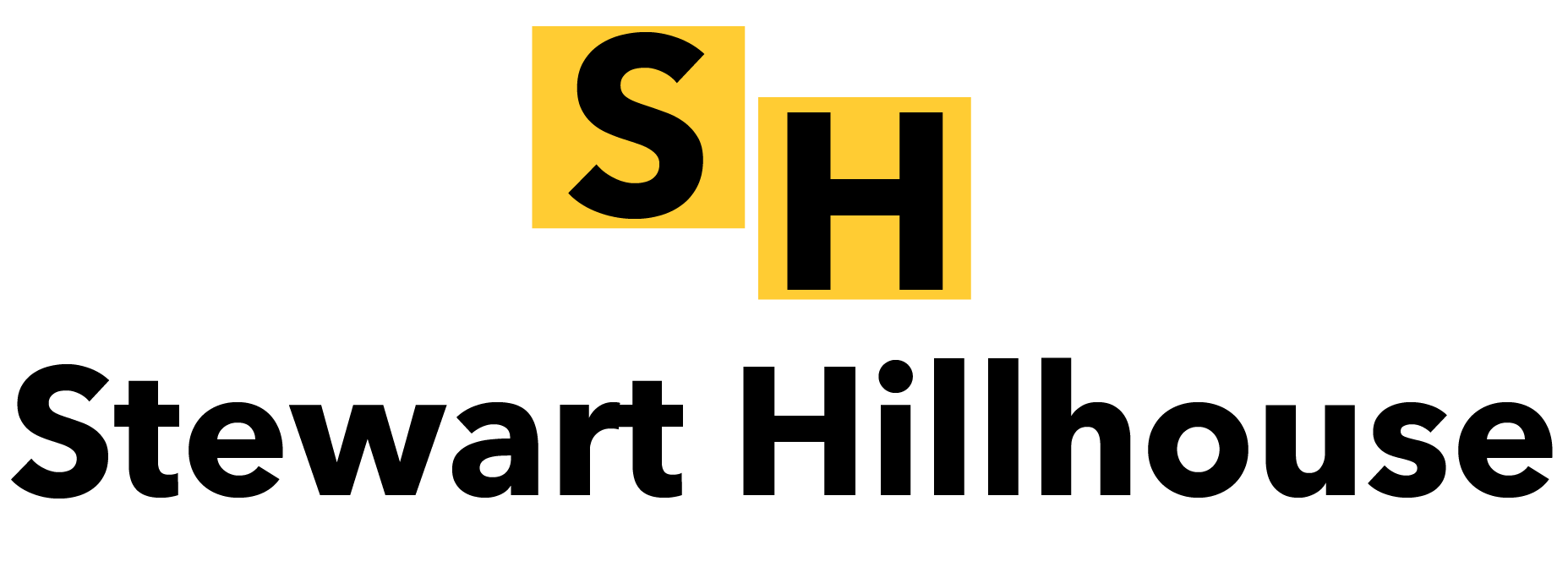
The Naming Effect: Why You Should Give Your Idea A Name
Humans are always looking for hints on how to categorize new information.
Does this new idea belong in Bucket A or Bucket B? Is this new idea about marketing or business? Does this apply to my work identity or personal identity?
A way to make your ideas easier to recall (and easier to share) is to give them names.
I call this The Naming Effect.
The Naming Effect offers a number of benefits, both to you (internal) and to your audience (external).
Internal Benefits
Giving your ideas names gives them an identity of their own. If someone has something to say about your idea, it's no longer a judgement on you – it's a judgement on your idea.
It also allows your ideas to build on each other over time. For example, you might create Idea A this month. After a new experience, you develop Idea B. It's not until years later you realize that Idea A + Idea B creates Idea C.
External Benefits
We're all looking for ways to organize the new information coming at us.
The Naming Effect allows your audience to easily categorize your new idea. Giving it a descriptive name provides a shorthand to recall what a bigger idea is all about.
Lastly, a catchy name makes it more likely others will share your idea.
The Naming Effect applies to all types of ideas. Claim ideas as your own by giving them a name.


